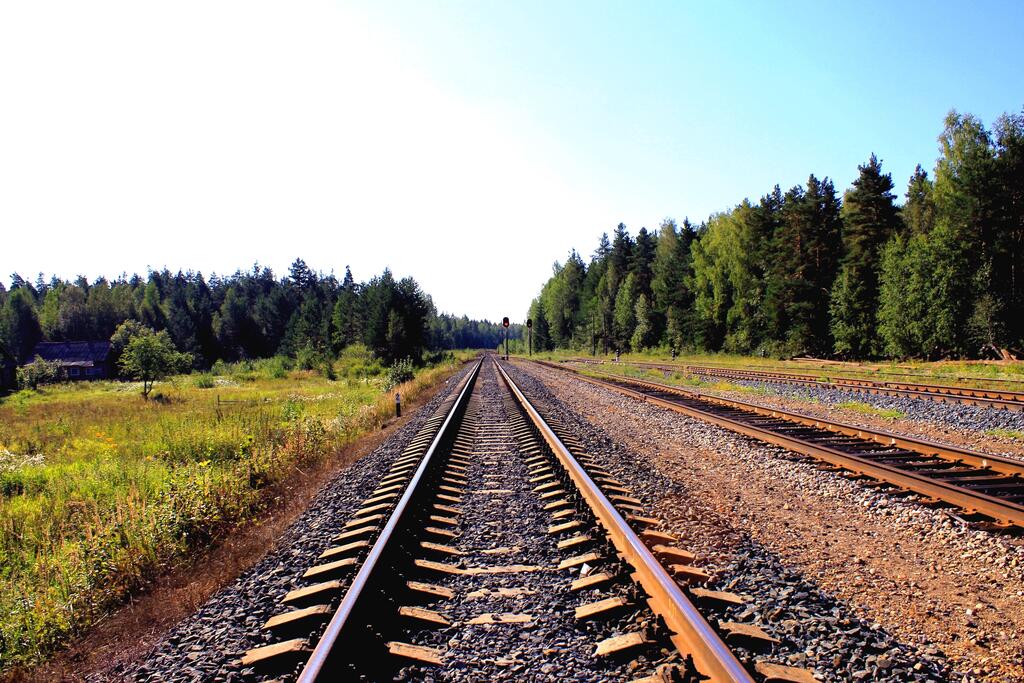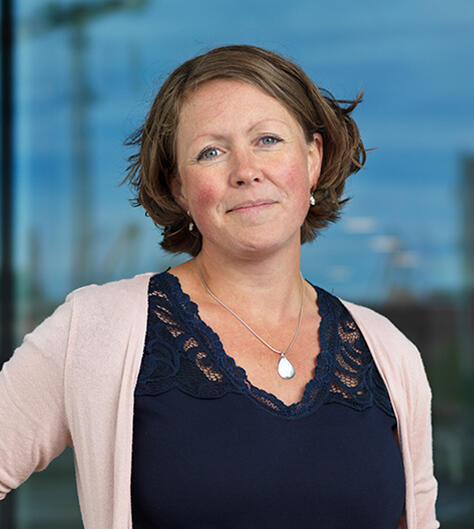Now Triple F has begun – the innovation program to make freight transportation fossil-free and create green jobs
A broad research and innovation program that aims to lower carbon dioxide emissions from freight traffic in Sweden by 70% by 2030 has begun. The program is called Triple F (Fossil-Free Freight) and will be coordinated by Lindholmen Science Park.

“The transition of the transportation sector is key to achieving the high climate goals we have set,” says Maria Oscott from Lindholmen Science Park in Gothenburg, who will be the program director and coordinator of the broad collaboration. “This is a big initiative, but the challenges are even bigger.”
Here is a short description of the project.
Triple F...
- ... is a long-term, broadly collaborative initiative between academia, society and the business community to successfully convert to fossil-free freight transportation.
- ... will work on researching and developing solutions over the next 12 years, which in turn lays the groundwork for achieving an entirely fossil-free freight transport system by 2045.
- ... is based on three challenges:
- A more transportation-efficient society.
- Energy-efficient and fossil-free vehicles and vessels.
- An increased share of renewable fuel.
- ... will build on pre-existing initiatives, by improving them and making them tangible. Thanks to an efficient project generation process, Triple F can hopefully identify the right things, put egos aside and instead work together for a shared goal.
- ...is an investment in research, with a doctorate program that will award 21 postgraduate degrees.
A unique project
Maria Oscott, program director and coordinator, explains more about how the future looks.
What is happening now?
“Now it’s time for the kick-off! After this, it’s full speed ahead for establishing the project.
It’s about getting all of the processes in place. It’s also about starting efforts in different projects that were granted funding in the first year and the establishment projects that will set the foundation for the program through situation analysis as well as system-wide follow-ups.”
This project has been called unique. Why?
“Its long-term nature and the broad collaboration. Instead of short projects with broad calls for proposals, we have one shared goal, where we can utilize our interdisciplinary consortium to gather the right competence and work with a long-term perspective toward the same goal of fossil-free freight transportation. We identify what’s needed and in what order – then we implement it. Triple F will educate tomorrow’s experts, which in turn will increase Sweden’s competitiveness.”
An interdisciplinary approach is important. How is the consortium behind the project composed?
“The project includes Sweden’s foremost experts within the area of freight transportation, and the program was developed in a broad consortium collaboration under the management of the CLOSER competition-neutral collaboration platform at Lindholmen Science Park. Sweden’s two largest transportation research institutes, VTI (the Swedish National Road and Transport Research Institute) and RISE (Research Institutes of Sweden) are also part of the consortium.”
How much money is being invested in the program?
“The Swedish Transport Administration is funding the program with SEK 290 million over 12 years. The business community and societal stakeholders will co-fund the innovation project in the program with approximately SEK 100 million. The goal of the program is to increase external funding over time, thereby growing significantly within the time frame.”
Can you describe the results more tangibly?
“This is about research and development – which in turn gives the industry the chance to create new products and green jobs. The main product is therefore increased knowledge, higher competence, doctors and advanced solutions that will eventually be tested and demonstrated outside the program.”
How does this project look from an international perspective?
“Sweden’s goal is to be the first fossil-free welfare state and the program provides the chance to make a difference. Sweden has a unique coordinated approach and the Swedish Transport Administration created a bold new type of program here. We can really move forward here, based on the competence structure that the program will create.”
Why is the program being organized by Lindholmen Science Park?
“Lindholmen Science Park is a well-established collaborative organization that works neutrally and nationally. Over the years, the CLOSER Arena at Lindholmen Science Park has established itself as an important operator when it comes to transportation efficiency and by utilizing the platforms that already exist, we’ve engaged almost all of Sweden within the framework of this program.”

